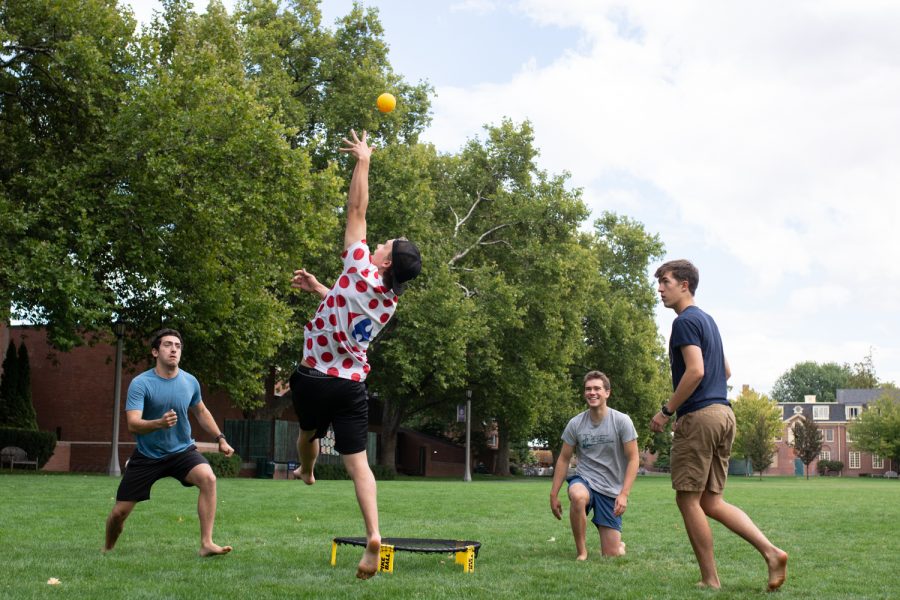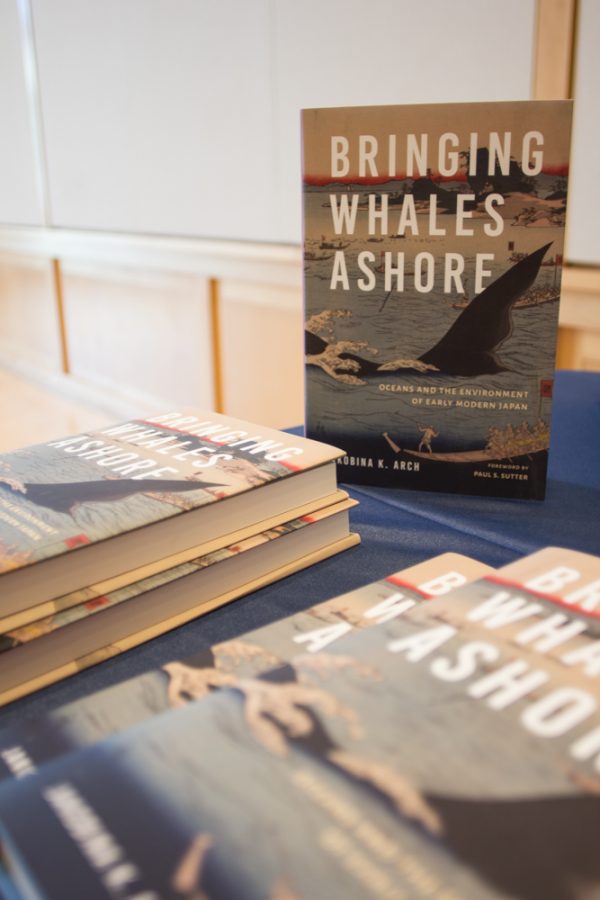“Namaste! Mero nam Shelly ho. English me, mauf kijie.”
“I am an undergraduate student of Political Studies and I am in India for a semester, studying Indian culture and development challenges and successes in the country. As a part of my studies, I am researching women’s nutrition in Sikkim.”
“Would you be willing to answer some questions regarding your diet, income, and relationship with other family members?”
Last week, I met over twenty women living in a village called Sumik, approximately three hours from Gangtok. After about forty minutes with each women, I felt like I had been allowed accesses to a giant secret in their life.
“Do you have an occupation outside of the home?”
“Do you keep this money for your own account and spending? Or do you give your money to another person to spend it?”
Unlike sitting behind a computer, frantically skimming articles for information, entering a home of a women I had only met 2 minutes prior and asking questions about her personal life felt almost intrusive. I have no idea if the answers I received to my answers were honest, but to be honest, I don’t blame the women I interviewed if they weren’t. Here I am, a complete stranger who doesn’t speak a lick of Nepali and I’m welcomed into random homes and bombarded with endless cups of tea.
Conducting research in foreign environment where I’m still trying to create connections with community members and understand local culture has put into perspective my desire to work and conduct research in a foreign field in the future. As much as I enjoy being in India, I don’t know if I can ever actually adapt well enough to a different culture to feel as though I can conduct research well.
On a different note, I spent Diwali (a five day Hindu festival) with my host family in Sumik. I was stuffed full with plates of rice, vegetables, and lentils — yumm. My host family also set off fireworks on the final night of Diwali and they made a small bonfire to sit at every night.

Also, fun fact — I physically look like I’m from Sikkim (a lot of people have east Asian features here). This has proven to be both a positive and a negative. Positive because no one stops to stare, but negative in that sometimes people will run up to me and speak in Nepali and I have say “Me Nepali bolti nahi hai” (I don’t speak Nepali). Or if I attempt to speak Nepali, like asking “How much is this?” shop owners will generally rattle off something quickly, and agai,n I’m left incredibly confused. It’s all in good fun though, and it’s nice to fit in for awhile, even if I just confuse everyone more with my quasi-attempts at Nepali.
Today is my last day in Gantok and tomorrow I will head to Darjeeling (home to Darjeeling teas) for a couple of days to pretend to be a fancy tea connoisseur and write my final research report. After that, I’m Jaipur bound!

For more posts and pictures of my semester abroad in India with the SIT program, check out my personal blog here.






